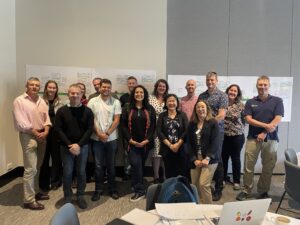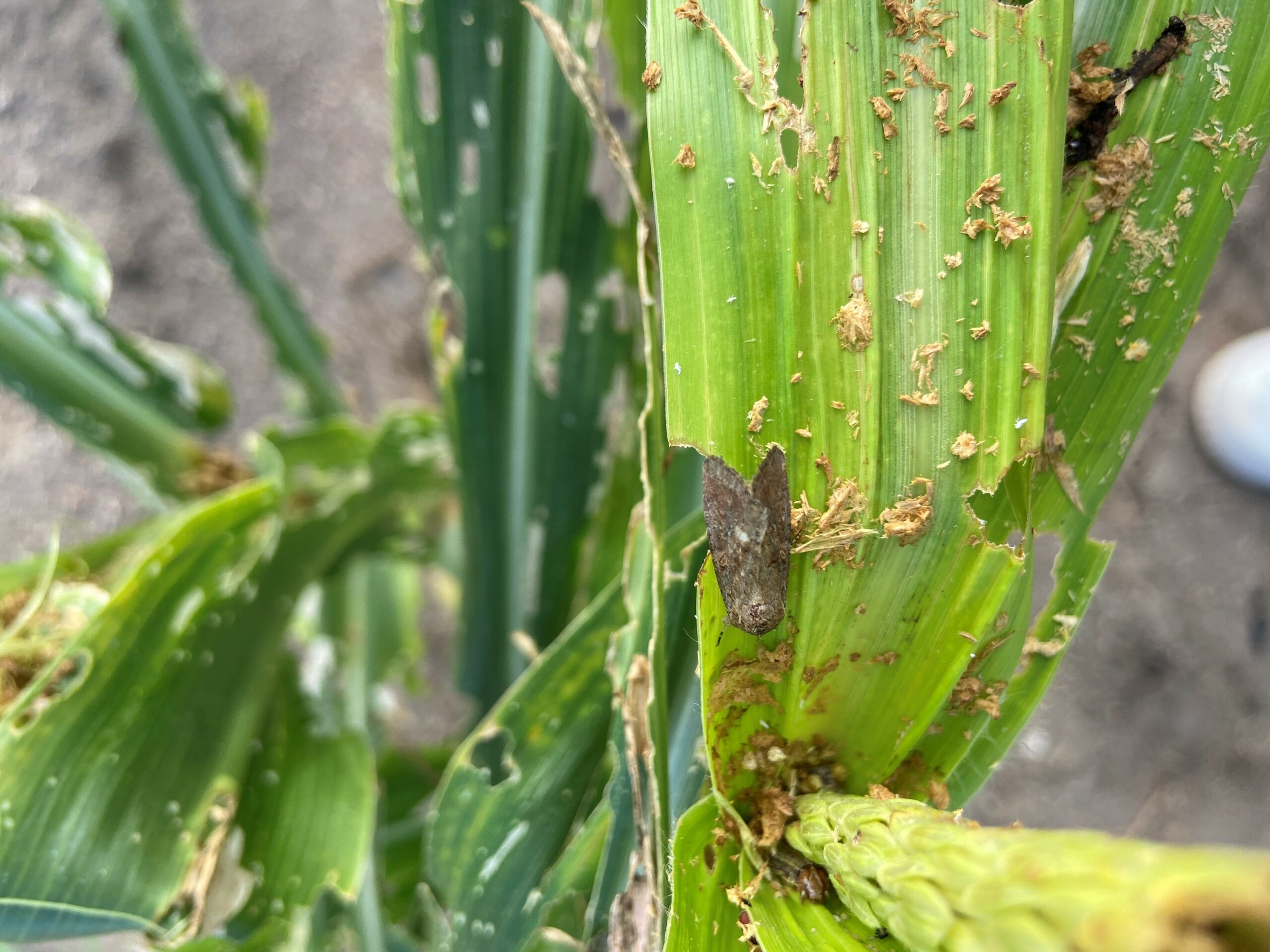Investing in biosecurity preparedness to protect against potential pest incursions
Many in the vegetable industry know too well the threats that the arrival of new plant pests or diseases pose to production systems, farm businesses and the ability to access markets and trade. The responses we take can mitigate the risks.
The 2017 arrival of Tomato Potato Psyllid (TPP; Bactericera cockerelli) in Western Australia resulted in trade embargos on a diverse range of horticultural produce from the affected areas, even though TPP only directly affects Solanaceous crops such as potatoes, capsicums and eggplant. This was in part due to the lack of a valid host list.
Reflecting on past plant pest responses also offers examples of the benefits of an industry that is prepared for the arrival of new pests. Early RD&E investment (RD&E program for control, eradication and preparedness for vegetable leafminer MT16004) meant that a range of resources, including updated host lists and contingency plans were available when Serpentine leaf miner (Liriomyza huidobrensis; SLM) was reported in Australia a few years later.
With a diversity of crops, and exotic pest threats that could have severe impacts if introduced to Australia, the vegetable industry needs strong biosecurity and contingency planning with a focus on business continuity and the agility to adapt as pest threats arise and evolve.
To ensure that the Australian vegetable industry and biosecurity agencies are better prepared and able to respond more effectively and efficiently in the event that a new pest arrives, Hort Innovation, on behalf of vegetable growers, is investing $10 million in a five-year program to develop tools and establish a national framework to enable earlier detection and identification of high priority exotic plant pests and an evidence-based return to business continuity for growers.

The Vegetable Industry Biosecurity and Business Continuity Strategy (VG22004), led nationally by AUSVEG, is a partnership that brings together scientific and biosecurity expertise and technology from Plant Health Australia (PHA), state and territory biosecurity and research agencies (Department of Primary Industries and Regional Development (DPIRD), Department of Energy, Environment and Climate Action (DEECA – Victoria), Queensland Department of Agriculture and Fisheries (QDAF)), Centre for Biosecurity Risk Analysis (CEBRA), RM Consulting Group and Onside Intelligence. This collaboration is critical as it allows the work to be undertaken as a program to build a national framework, rather than discrete projects.
The program is built around three themes:
- Surveillance and Diagnostics led by DEECA and QDAF
- Data and Informed Decision Making led by DPIRD and,
- Business Resilience and Continuity led by PHA and includes:
-
- updating the Vegetable Industry
Biosecurity Plan including a review of the
high priority pest list and development
of contingency guidelines, - development of a diagnostic, surveillance
and data collection and management
system that supports early detection
and responsiveness to plant pests, - a data and decision-making framework
that supports movement of produce
and the swift reinstatement of market
access based on risk, - support for the implementation of
robust on-farm biosecurity practices by
growers and other industry participants - contingency fund for industry
responsiveness to pests, providing an
adaptable, flexible approach to preparing
for high-priority exotic pests.
- updating the Vegetable Industry
The program works in tandem with existing vegetable industry biosecurity initiatives, such as the AUSVEG-PHA Farm Biosecurity Program, funded through grower’s biosecurity levies to support on-farm preparedness and training for growers and agronomists and provides the industry with additional capacity to stand up support in a flexible, and rapid way in the event of a pest incursion that impacts vegetable crops.
To listen to a podcast on the project with Rosalie Daniel (AUSVEG) and Lucy Tran-Nguyen (PHA), click over to Vegalogue
Read the media release on the project here
The Vegetable Industry Biosecurity and Business Continuity Strategy (VG22004) has been funded by Hort Innovation using the Vegetable Industry research and development levy and contributions from the Australian Government. Hort Innovation is the grower-owned, not for profit research and development corporation for Australian Horticulture.
Project Number: VG22004
This article appears in Australian Grower magazine, Autumn 2024

